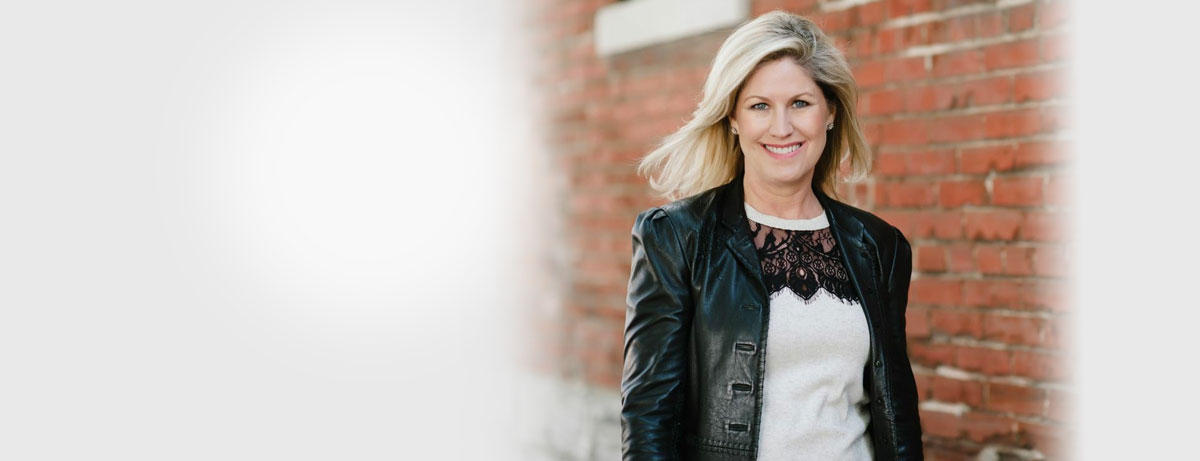What Goes Around Comes Around: Take Responsibility

Photo credit: eyesogreen
“How people treat you is their karma; how you react is yours.” – Wayne Dyer
I have been thinking about karma lately and how it does, or does not, play a role in our personal responsibility. I hear people use the word often, and it appears to me, there are many interpretations floating around. For instance, karma seems to have become pop culture’s word for rationalizing the good or bad things that happen to us. I sometimes hear phrases like “It must be karma,” meaning destiny or positive outcomes; “That’s my karmic debt,” implying pre-destination; or “She must have bad karma,” signifying bad luck.
According to Dictionary.com, karma is one’s fate or destiny. The Western interpretation based on the Christian concept of karma is about “reaping what you sow.” A more Eastern approach views the effect of karmic deeds as shaping the past, present and future, as well as the karma representing our “life lesson” or “karmic debt” from something bad that we did in a past life, and we are working off the transgression in this life in order to transform or become enlightened.
Based on the many traditions and modern-day perspectives, it is no surprise that the word “karma” is overused, abused or the catch-all phrase when there is not a reasonable explanation for why something happens. Are people trying to chalk things up to “karma” as a way of not dealing with issues or to make meaning out of not having enough valid information to discern what is really happening? Is karma being used as an explanation when people are stuck in life-long patterns such as addictions, relationship issues, money problems and other serious life challenges?
In my opinion, it does not matter what definition you choose because the point is that karma asks you to change in order to heal. It asks you to take responsibility NOW for your past and present actions, and change your behaviors going forward. To me, karma in its simplest form is about cause and effect, and understanding how your choices impact not only your life path, but also other people around you.
You are in charge of your current thoughts, beliefs, decisions and ultimate actions; there is a natural consequence for your choices. You have the power to determine what kind of influence you want to have–good or bad–on yourself, others and the world at large. What goes around comes around, and you are fully responsible for changing your patterns, determining the quality of your relationships, deciding what your life can look like and how your destiny will unfold. Here are some ways to conduct more conscious deeds.
Take Responsibility for Your Actions by…
- telling the truth
- learning from your mistakes and not repeating them again
- causing no harm to others
- saying what you really think, want and need by expressing your feelings
- self-checking your real intentions and motivations
- not making excuses or blaming others when you really have a part
- loving without attaching or judging
- being compassionate
- not projecting your pain on others
- letting go of false expectations and releasing the outcomes
- asking for help when you need it
- practicing forgiveness
- treating others as you want to be treated
- setting realistic boundaries
- wanting more for others than for yourself (it comes back to you!)
- admitting your failures and starting over, if needed
In his book The Four Agreements, Don Miguel Ruiz offers four simple, yet powerful, ways of creating personal freedom, responsibility, and ultimately, true happiness. Be Impeccable with your Word, Don’t Take Anything Personally, Don’t Make Assumptions and Always Do Your Best… these Four Agreements, when applied, can assist in creating positively powerful thoughts and behaviors. It is up to you to take full karmic responsibility for what happens next. After all, what goes around does indeed come back around sooner or later.
Purposeful Coaching Questions to Help Change Your Behaviors:
Create awareness and begin the process of change by answering the following questions. If you cannot move forward on your own, always seek outside help through therapy, coaching or a 12-step program.
- In what life patterns are you currently stuck? What is creating your reality today?
- What behaviors do you tend to keep repeating, never fully making the necessary changes or tough decisions to affect lasting change?
- Make a list of everything about which you are resentful. Now consider your “part” in each item you identified. In what ways are you angry at yourself? Perhaps you are going against your values, or are not using your voice.
- What is a powerful interpretation of your current situation or dilemma? And, what is the positive result you want to create?
It is time to let go of the past, forgive yourself and others, and make intentional changes to your behaviors. Decide how you can be extraordinary now, and start there.
Ready to start living an amazingly authentic life?
Join my e-mail list for with tips on living your truest, most passionate you.

